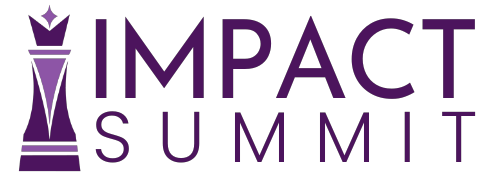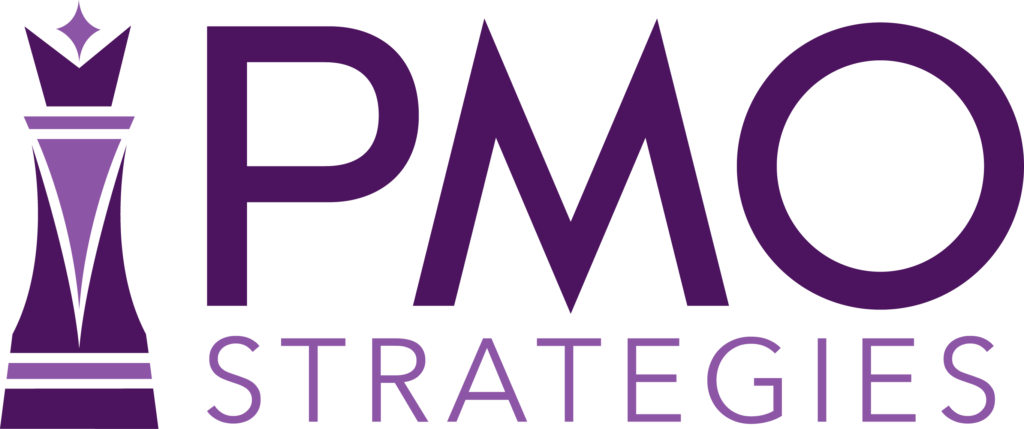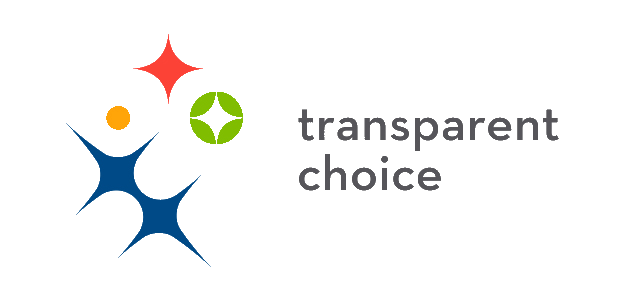
In today’s dynamic business environment, project management requires more than just organizing tasks—it demands a strategy that promotes agility, clarity, and collaboration. Traditional project management methods like Gantt charts and task lists have served their purpose, but workstreams have emerged as a superior alternative. Workstreams enable project managers to divide complex projects into manageable, coherent parts, providing better oversight and flexibility.
What are Workstreams?
Workstreams refer to a structured approach that breaks down a project into parallel flows of work, each targeting specific areas of the project. Instead of focusing on individual tasks, workstreams are holistic, treating each area of the project as an independent but connected flow. This model facilitates both project execution and monitoring, allowing project managers to handle large-scale projects with more fluidity and efficiency.
Traditional project management methods like Gantt charts focus on timelines and individual tasks, which can become unwieldy as a project scales. By contrast, workstreams offer a dynamic way to group related activities and track progress on multiple fronts. Each workstream represents a series of tasks aimed at achieving a particular goal within the larger project, making it easier to manage parallel initiatives.
Why Workstreams are Better for Project Managers
1. Clarity and Focus:
Workstreams provide a more organized and structured view of a project. They allow project managers to clearly define key areas of responsibility, ensuring that every part of the project is covered. By grouping tasks under specific workstreams, managers can easily track progress, identify bottlenecks, and ensure that nothing falls through the cracks. The focus on workflows rather than isolated tasks helps the team see the bigger picture, aligning all efforts toward the main objectives of the project.
2. Improved Collaboration:
One of the key challenges in project management is ensuring that team members collaborate effectively. Workstreams create clear boundaries for who is responsible for what, reducing overlap and confusion. Team members know which workstream they belong to and what they are responsible for, allowing for smoother handoffs and better communication.
3. Enhanced Flexibility:
Workstreams can run in parallel, giving project managers more flexibility in how they manage time and resources. This is particularly beneficial for large projects where different parts can progress independently. Should delays occur in one workstream, others can continue moving forward, thus maintaining project momentum. Traditional linear task management systems do not allow this level of agility, often leading to delays that ripple throughout the entire project.
4. Scalability:
As projects become more complex, scaling them becomes a challenge with traditional methods. However, workstreams allow for easy scalability by breaking down larger projects into smaller, manageable components. Each workstream operates independently, so it’s easier to allocate resources, monitor progress, and adjust schedules. This makes workstreams especially useful for organizations that deal with large-scale, multi-department projects.
5. Better Risk Management:
Workstreams offer project managers a way to handle risks more efficiently. By isolating different parts of the project into distinct workstreams, risks can be better identified, monitored, and mitigated within each stream. Traditional project management methods that treat tasks individually are often poor at identifying systemic risks that cut across different areas of the project. In contrast, workstreams make it easier to evaluate risks at a broader level and take preventive action before issues affect the entire project.
6. Efficiency in Task Prioritization:
Workstreams help project managers and teams prioritize tasks more effectively. Each workstream is aligned with a specific part of the project, and priorities can be adjusted based on the goals of that workstream. This contrasts with traditional task management, where tasks can get lost in the larger framework and make prioritization challenging.
Proggio’s Approach to Workstreams
Proggio has recognized the value that workstreams bring to modern project management and has integrated this approach into its project management platform. Unlike other tools that focus on isolated tasks or static timelines, Proggio emphasizes the creation and management of workstreams, offering users a clear, visual way to track complex projects.
1. Visual Project Map:
Proggio’s patented visual ProjectMap™ makes it easy for project managers to break down projects into workstreams and track progress at both macro and micro levels. This visual approach eliminates the overwhelming nature of large projects by simplifying them into manageable flows. The ProjectMap™ combines elements of task tracking and portfolio management, but its workstream-based approach sets it apart from traditional methods like Gantt charts or basic task lists.
2. Seamless Collaboration:
Proggio’s workstream system fosters collaboration across departments, ensuring that team members know their roles and responsibilities within each stream. This alignment minimizes the confusion that often arises in complex projects and keeps everyone working toward the same objectives.
GenAI-based Workstreams
1. AI-Based Workstream Creation with GenAI:
What makes Proggio particularly cutting-edge is the introduction of GenAI for workstream creation and task management. With this AI-powered feature, project managers can automatically generate workstreams based on the project’s goals and inputs. The AI analyzes the project requirements and breaks them down into logical workstreams and tasks, significantly reducing the manual effort required to plan and organize a project. This feature is especially useful in large-scale projects where manually creating workstreams would be time-consuming and prone to human error.
2. Task Creation within Workstreams:
With Proggio’s GenAI, tasks within each workstream are automatically generated based on predefined goals and milestones. This not only saves time but also ensures that all necessary tasks are accounted for within each workstream. The AI provides intelligent suggestions for task dependencies, priority levels, and timelines, enhancing project accuracy and reducing the need for revisions later.
3. Continuous Learning and Adaptation:
Proggio’s GenAI doesn’t just create workstreams and tasks—it continuously learns from project progress and adapts. As tasks are completed and new challenges arise, the AI suggests adjustments to workstreams, helping project managers keep everything on track. This dynamic, AI-powered system is a significant advantage over static project management tools that require manual updates for every change.
4. Efficiency and Time Savings:
One of the most significant benefits of using GenAI for workstreams is the efficiency it brings to project planning. What could take hours or even days to plan manually can now be done in a fraction of the time with the AI-driven system. This efficiency enables project managers to spend less time on administrative tasks and more time on strategic decision-making.
Why Proggio Does Workstreams Best
Proggio’s focus on workstreams, enhanced by GenAI, makes it one of the most forward-thinking project management platforms available today. The combination of visual clarity, collaboration tools, and AI-powered task management offers project managers a comprehensive solution for handling even the most complex projects. Proggio’s workstream approach allows for better flexibility, scalability, and risk management compared to traditional project management tools. Additionally, the integration of GenAI ensures that project planning is faster, more accurate, and adaptable to the changing needs of the project.
For project managers looking for a better way to structure their projects, Proggio offers an unparalleled solution by combining the power of workstreams with the intelligence of AI, ensuring that projects run smoothly, efficiently, and with full visibility at every stage.
In conclusion, workstreams represent the future of project management, offering greater flexibility, collaboration, and efficiency. Proggio’s approach, particularly with the integration of GenAI, stands out as the best option for modern project managers looking to elevate their project management strategy. As businesses increasingly demand more from their project management tools, Proggio continues to set the standard by making workstreams more accessible, manageable, and intelligent than ever before.
Join us for FREE at this year’s IMPACT Summit Sept 9-13, 2024 to learn even more and accelerate your strategy delivery to the next level!
















